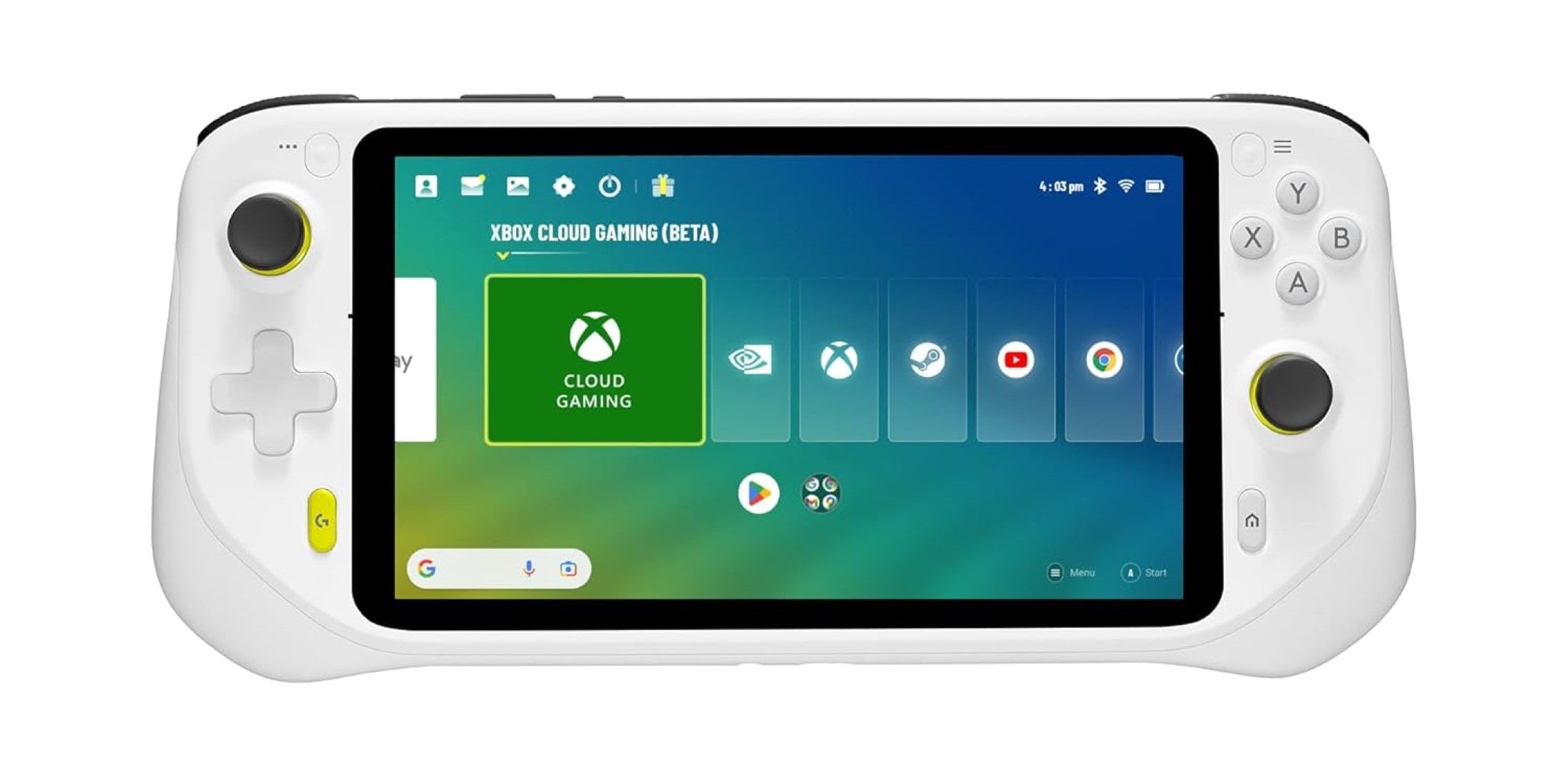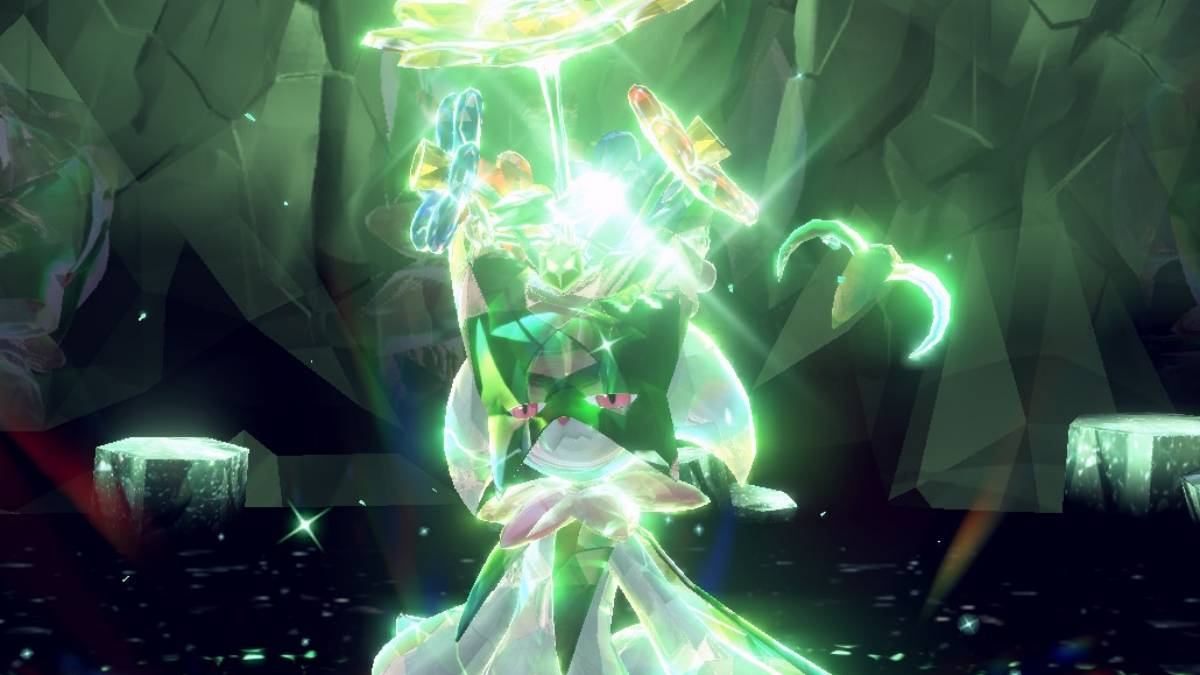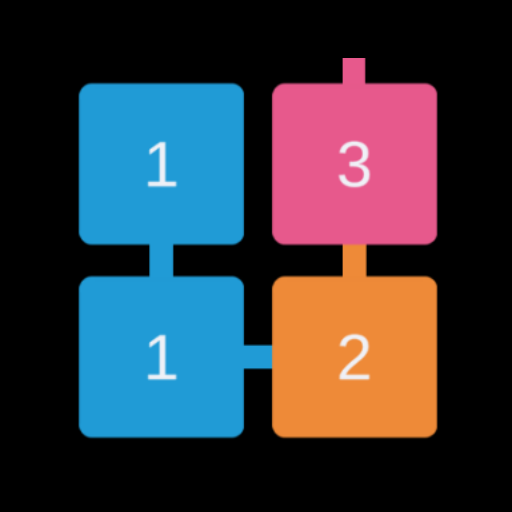
Microsoft's Ambitious Handheld Gaming Plans: A Fusion of Xbox and Windows
Microsoft is poised to enter the competitive handheld gaming market, aiming to create a device that seamlessly blends the best features of its Xbox and Windows ecosystems. While specifics remain limited, the company's commitment to mobile gaming is undeniable. This move comes at a time when portable gaming is experiencing a surge in popularity, fueled by upcoming releases like the Nintendo Switch 2 and the Sony PlayStation Portal, as well as the growing prevalence of handheld PCs.
Microsoft's strategy is to leverage this momentum to enhance the Windows gaming experience on mobile devices. Although Xbox services are already accessible on handhelds like the Razer Edge and Logitech G Cloud, a dedicated Xbox handheld console is in development, as confirmed by Microsoft Gaming CEO Phil Spencer. The exact release date and design remain undisclosed.
Jason Ronald, Microsoft's VP of Next Generation, recently hinted at a potential announcement later this year during an interview with The Verge. He emphasized Microsoft's focus on creating a unified experience by combining the strengths of Xbox and Windows. This approach directly addresses current limitations of Windows on handheld devices, such as cumbersome navigation and troubleshooting issues experienced on devices like the ROG Ally X. The goal is to make Windows feel more intuitive and performant with controllers, unlike its current mouse-and-keyboard-centric design.
Microsoft's vision extends beyond a single device. The company aims to significantly improve Windows' overall handheld gaming functionality. This includes optimizing the operating system for joystick control and drawing inspiration from the streamlined Xbox console OS. This aligns with Phil Spencer's earlier statements about wanting handheld PCs to mirror the Xbox experience for consistent gameplay across all platforms. Improving functionality could be a key differentiator for Microsoft, potentially involving a revamped portable OS or further refinements to its first-party handheld console. Addressing current issues, such as the technical problems encountered by Halo on the Steam Deck, is crucial for providing a superior handheld experience for its flagship franchises.
The full extent of Microsoft's plans remains to be seen, but the company's commitment to enhancing the Windows handheld gaming experience is clear. Further details are expected later this year.








